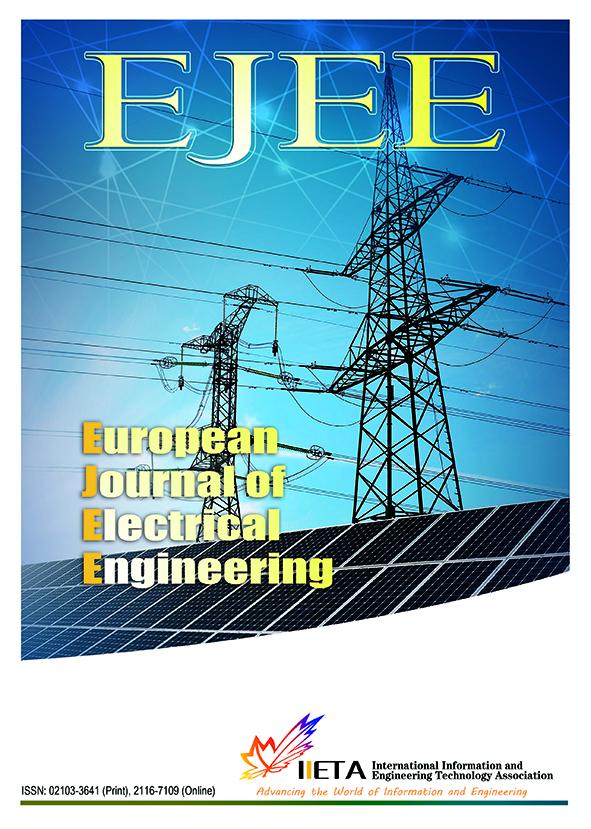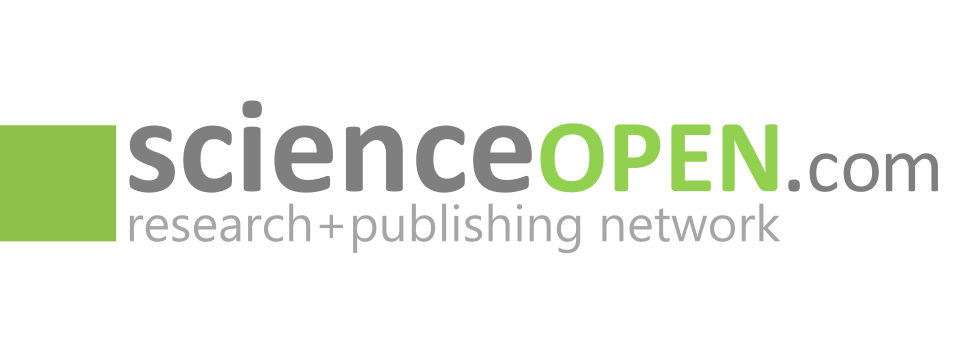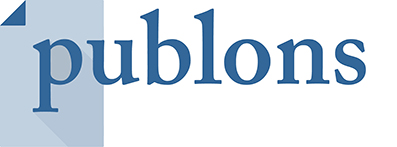European Journal of Electrical Engineering
- ISSN:2103-3641 (print); 2116-7109 (online)
- Indexing & Archiving:CrossRefPorticoEBSCOhostGoogle ScholarPublonsMIARScienceOpenMicrosoft AcademicCNKI ScholarBaidu Scholar
- Subject:Engineering
European Journal of Electrical Engineering (EJEE) is an international peer-reviewed open access journal in the area of electrical engineering and its applications, with a special interest in power systems.
EJEE publishes reviews, research papers, technical notes, and communications. The published articles encompass original research results being of theoretical as well as experimental nature on the following main topics: electric power systems, power electronics and applications, materials and devices, microgrids, energy conversion technologies and systems. High-quality contributions are welcome from both academics and industry working in the field of electrical engineering. All published research articles in this journal have undergone rigorous peer review, in addition to initial editor screening and anonymous refereeing by independent expert referees. EJEE has been published regularly since 1998.
Focus and Scope
EJEE covers all aspects of electrical engineering including but not limited to:
- Electric power systems: power grid, distributed generation, HVDC
- Power electronics and applications: components, packaging, EMC, power converters
- Materials and devices: magnetic, ferromagnetic, superconducting, dielectric, piezoelectric, actuators, storage devices
- Microgrids: design, optimization, power management
- Energy conversion technologies and systems: renewable energy, storage systems, electrical machines, control, diagnosis
Publication Frequency
EJEE is published regularly by the IIETA, with six regular issues (excluding special issues) and one volume per year.
Peer Review Statement
IIETA adopts a double-blind review process. Once submitted, a paper dealing with suitable topics will be sent to the editor-in-chief and/or associate editor, and then be reviewed by at least two experts in the relevant field. The reviewers are either members of our editorial board or special external experts invited by the journal. In light of the reviewers’ comments, the editor-in-chief and/or associate editor will make the final decision over the publication, and the editor-in-chief and/or associate editor return the decision to the author.
There are four possible decisions concerning the paper: acceptance, minor revision, major revision, and rejection. Acceptance means the paper will be published directly without any revision. Minor revision means the author should make minor changes to the manuscript according to reviewers’ comments and submit the revised version to IIETA. The revised version will be accepted or rejected at the discretion of the editor-in-chief and/or associate editor. Major revision means that the author should modify the manuscript significantly according to reviewers’ comments and submit the revised version to IIETA. The revised version will be accepted or rejected at the discretion of the editor-in-chief and/or associate editor. Rejection means the submitted paper will not be published.
If a paper is accepted, the editor-in-chief and/or associate editor will send an acceptance letter to the author and ask the author to prepare the paper in MS Word using the template of IIETA.
Plagiarism Policy
Plagiarism is committed when one author uses another work without permission, credit, or acknowledgement. Plagiarism takes different forms, from literal copying to paraphrasing the work of another. IIETA uses CrossRef to screen for unoriginal material. Authors submitting to an IIETA journal should be aware that their paper may be submitted to CrossRef at any point during the peer-review or production process. Any allegations of plagiarism made to a journal will be investigated by the editor-in-chief or managing editor. If the allegations appear to be founded, we will request all named authors of the paper to explain of the overlapping material. If the explanation is not satisfactory, we will reject the submission, and may also reject future submissions.
For instructions on citing any of IIETA’s journals as well as our Ethics Statement, see Policies and Standards.
Indexing Information
- EBSCO
- Google Scholar
Web: http://scholar.google.com
- Microsoft Academic
Web: https://academic.microsoft.com/journal/41526553
Included in
- Crossref.org
Web: https://www.crossref.org/
ISSN: 2103-3641 (print); 2116-7109 (online)
For Submission Inquiry
Email: editor.ejee@iieta.org








